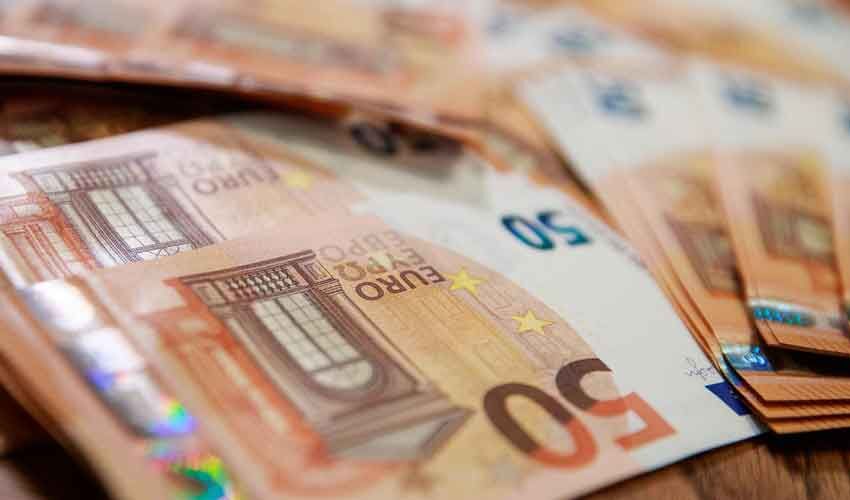
According to the Financial Times, this is a tax for companies operating in EU countries with an annual net income of more than 50 million euros. The tax will be progressive – the higher the company’s income, the higher the deductions. It is assumed that it will affect not only European corporations, but also international companies doing business in the EU, whose head offices are located outside the EU. Net income refers to the revenue of a company after deduction of taxes and subsidies.
In addition to the profit tax on large companies, the European Commission plans to expand the budget base by increasing excise taxes on tobacco, introducing a fee for electronic waste (smartphones, laptops, household appliances), as well as taxation of parcels sent from outside the EU, primarily from Asia.
The EU intends to abandon the current practice of exempting parcels of low value – up to 150 euros – from taxation. It is envisaged that customs duties of 5% to 17% will be applied to most imported goods. In addition, it is proposed to introduce a fee of €2 for each category of goods in a parcel sent from third countries. This is a fee for parcel handling and customs clearance, the volumes of which have increased dramatically. It will be calculated on the number of categories of goods.
According to the European Commission, this is necessary to curb the uncontrolled influx of cheap goods, which often do not meet safety, quality and other EU standards.
Some earlier proposals, such as a carbon tax on households or a digital tax on services, have so far been rejected.
These proposals, like the future budget, must be approved by all 27 EU member states. The main donors of the EU budget – Germany, the Netherlands, Austria and some other countries – have already expressed their dissatisfaction with the proposed measures. Especially since this is not only a matter of additional tax burden, but also a potential threat to the investment climate.













